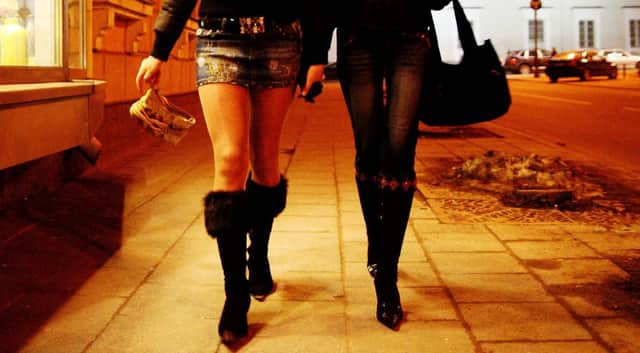‘Slaves’ ruling discovery prompts fundraising ball


The girl had been “bought” from her mother and used in a travelling show until, physically worn out, she fled from her manager and was given refuge by a warm-hearted couple.
After an unsuccessful attempt by the angry showman to demand damages in 1687, judges ruled: “We have no slaves in Scotland and mothers cannot sell their bairns.”
Advertisement
Hide AdAdvertisement
Hide AdKnown as the tumbling lassie, the showman had produced a written contract to show he had paid for the girl and that she belonged to him.
But judges at the Court of Session dismissed his claim.
Alan McLean, QC, found reference to the little-known case in a footnote in a law book and has now, along with a committee of fellow members of the Faculty of Advocates, decided to honour the girl’s memory through a fundraising ball for charities involved in tackling human trafficking and slavery at home and abroad.
The original handwritten notes of the case in the National Library of Scotland narrate that Reid sued the Scots of Harden for “stealing away from him a little girl, called the tumbling-lassie, that danced upon his stage”.
The report added: “Physicians attested the employment of tumbling would kill her.”
Mr McLean said: “More than 325 years after Reid v Scot of Harden and his Lady, the tumbling lassie case, was decided in the Court of Session, it is astonishing but true that some people still live in Scotland as effective slaves, trafficked here on false pretences, threatened, trapped in menial work or worse, with their earnings withheld and their passports taken away.
“In other parts of the world, people languish in slavery because getting access to trained lawyers to uphold their rights - without which the tumbling lassie could not have been declared free - can be almost impossible.”
A half-day seminar examining the past, present and future of the law on slavery and people trafficking in Scotland will be held in October, followed by a ball later that evening with proceeds going to a charity working with victims of human trafficking in Scotland and the International Justice Mission - which helps local lawyers in the developing world to rescue people from slavery.